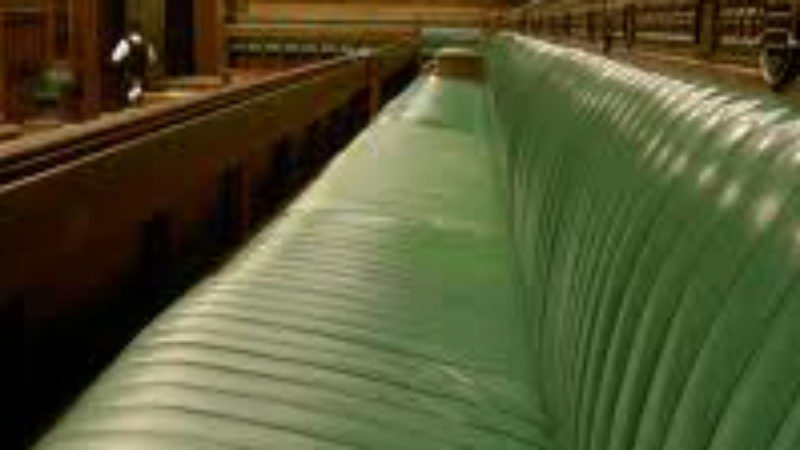
It is interesting to see that the Labour Party is returning to the vexed issue of its parliamentary selection process. The changes may be well and good. But maybe we should be asking a bigger question – are we witnessing the end of working class representation in Parliament?
When the Labour Party was first founded it was more simple. Then the explicit aim was to secure working class representation, and specifically organised labour, in Parliament. Inevitably it became more complicated as Labour progressed after 1918 and with the rapid growth of the Labour Party in Parliament. The Parliamentary Leadership rightly recognised that it needed workers by brain as much as hand and a PLP of all the talents to govern as well as represent. However, right up to the 1990s organised Labour maintained a presence in Parliament largely through the ability of Trade Unions to directly nominate delegates to relatively small General Committees.
Fast forward to the modern day and let’s see where we are now. It’s not just the General Secretaries of our biggest Trade Unions who are keen that the Parliamentary Labour Party looks more like its voters – candidates with a healthy mix of working backgrounds who understand the concerns of working class families because they have lived their lives. A much broader group of members and voters are concerned that Parliament seems to have become a private club with a fast track for those with parliamentary and family connections. No-one doubts the talent of those in the Shadow Cabinet but there is no-one with the roots and life experience of Alan Johnson anywhere near it.
Perhaps we need to recognise that success in selections has always been about connections as much as class. But what is evident is there is that the process of being selected as a Labour Parliamentary Candidate has become incredibly competitive and punishes talented candidates without those connections. It does seem bizarre that for a party dedicated to planning and social progress we allow a ruthless free market to operate in our selection process.
One of the unintended consequences of greater party democracy is that an increasingly middle class and professional Labour membership often select in their own image. I am currently involved in a parliamentary selection where a brilliant candidate is being criticised by a number of members because he hasn’t got a university degree. Even the formidable Sharon Hodgson only won her home town of Sunderland by five votes over a external and professional opponent. All women shortlists, for all their merits, have overwhelmingly seen the selection of middle class and professional women.
So what can be done? We could spend a lot of energy discussing what we mean by ‘working class’ and sadly there are more ‘unorganised labour’ than there used to be. But as at the beginning of our Party so now- the trades unions are central to the question of continuing working class representation in Parliament.
Steve Hart of Unite spoke eloquently at a recent Progress Conference on how Unite have recruited an excellent group of members to its Parliamentary Panel including works convenors and factory workers in food processing plants. But the unions have a problem. A large number of professional and well connected members are using them more like ‘flags of convenience’ in parliamentary contests when frankly they have all the connections they need already. In the old days you had to have been a time served craftsmen before you could apply for the Parliamentary Panel of the AEU. The unions may not want to return to those days but if they really want to get the works convenor and factory worker’ into Parliament they are going to have focus their time and energy onto them and leave the professional politicians to their own devices.
Labour has many issues to contend with to win the next election in 2015. It is perhaps understandably that it may wish to leave the issue of working class representation in Parliament in the pending tray. Just don’t expect to rebuild any trust with those disenfranchised working class communities in a hurry.
Paul Wheeler is the Founder of Political Skills Forum and writes on local politics.




More from LabourList
‘Security in the 21st century means more than just defence’
‘Better the devil you know’: what Gorton and Denton voters say about by-election
‘Unity or division’: Starmer’s message to voters in Gorton and Denton